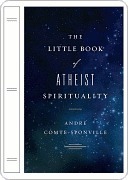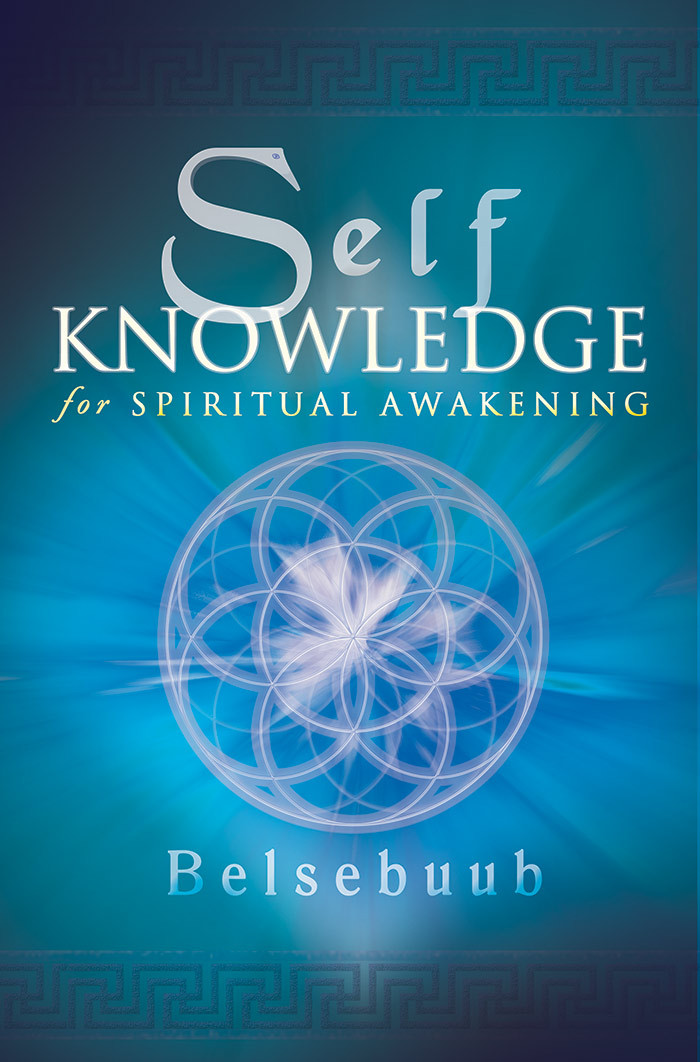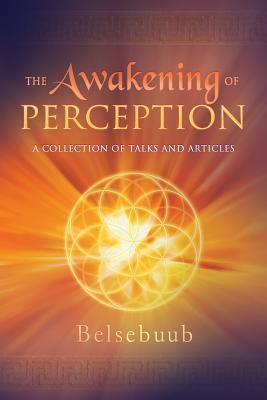
Waking Up: A Guide to Spirituality Without Religion
Book Description
Imagine unearthing profound truths that transcend the boundaries of faith and dogma. In "Waking Up," Sam Harris embarks on a transformative journey through the landscapes of consciousness, mindfulness, and spirituality, revealing how deep understanding can lead to genuine inner peace. He challenges the traditional notions of religion, offering a compelling case for a secular approach to spiritual awakening. As he deftly navigates through science, philosophy, and personal insights, the exploration ignites a fire within—inviting introspection and an awakening to a deeper reality. Are you ready to confront what it truly means to be spiritually alive in a chaotic world?
Quick Book Summary
"Waking Up: A Guide to Spirituality Without Religion" by Sam Harris explores the nature of consciousness and the human search for meaning without reliance on religious dogma. Drawing from neuroscience, psychology, and Eastern contemplative practices, Harris argues that spiritual experiences are possible and valuable even in a secular context. He demystifies meditation, mindfulness, and self-transcendence, explaining how these states contribute to genuine well-being and clarity. Throughout the book, Harris encourages readers to embrace a rational, evidence-based approach to spirituality, offering practical insights and tools for personal transformation. By questioning traditional beliefs and investigating consciousness, Harris invites readers to awaken to the deeper dimensions of experience, ultimately fostering a sense of peace, connectedness, and ethical engagement with the world.
Summary of Key Ideas
Table of Contents
The Nature of Consciousness and Self
Sam Harris begins by challenging the commonly held perception that spirituality must be rooted in religious tradition. He examines consciousness itself, introducing readers to the profound realization that the sense of self is an illusion constructed by the mind. Harris draws on scientific understanding, philosophic reasoning, and personal experience to illustrate how consciousness is central to human experience and can be explored deeply without recourse to religious faith.
Secular Spirituality Through Mindfulness
The book delves into mindfulness and meditation, primarily inspired by Buddhist tradition but reframed in secular terms. Harris explains how mindfulness—the skill of observing thoughts and sensations without attachment—can free individuals from habitual patterns of thought that cause suffering. Through meditation and self-inquiry, it becomes possible to disentangle from the persistent sense of self, achieving a kind of self-transcendence that leads to equanimity and insight.
The Neuroscience of Self-Transcendence
Harris substantiates his claims by referencing research in neuroscience and psychology, elucidating how practices like meditation can reform brain function and perception. The evidence suggests that self-transcendent states and deep well-being are not exclusive to religious experience but are natural capacities of the human mind. He discusses the brain’s role in constructing the self and how habitual patterns can be disrupted through contemplative practices leading to lasting psychological benefits.
Pitfalls of Religion and Dogma
A critical part of the book addresses the limitations and dangers of traditional religion. Harris argues that while religions have sometimes preserved valuable contemplative insights, they often bind individuals to dogma, supernaturalism, and tribalism. These aspects hinder genuine spiritual progress and ethical clarity. He maintains that a rational, secular approach can retain the transformative power of spiritual practice without the pitfalls of faith-based belief or ritualistic orthodoxy.
Integrating Rationality and Spiritual Practice
Finally, Harris emphasizes the positive impact of integrating rationality with spiritual discipline. He encourages a careful, evidence-based exploration of mind and experience, advocating for practices and discoveries that foster understanding, compassion, and clarity. The book concludes by urging readers to embark on their own spiritual investigations, guided by curiosity and skepticism, in pursuit of a more fulfilled and awakened life.
Download This Summary
Get a free PDF of this summary instantly — no email required.





